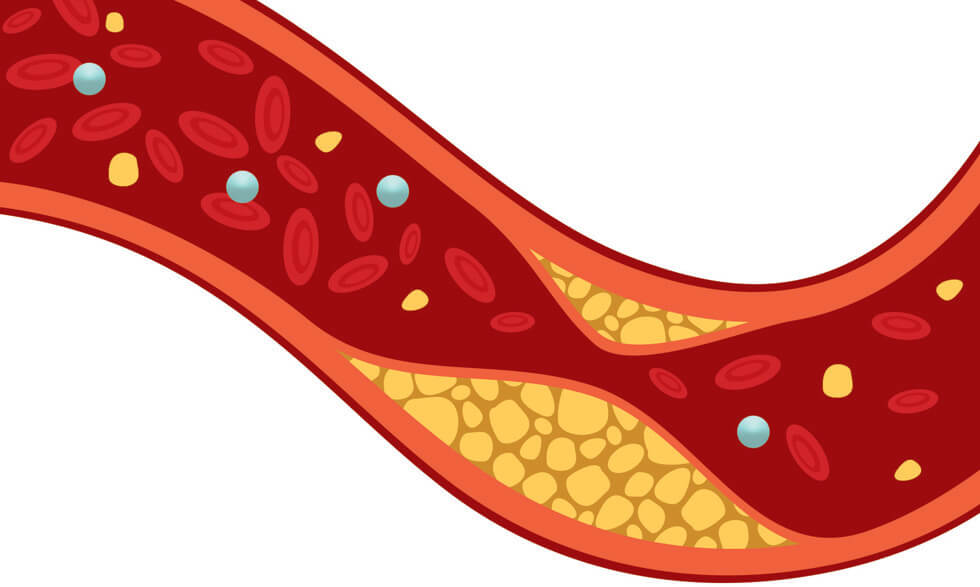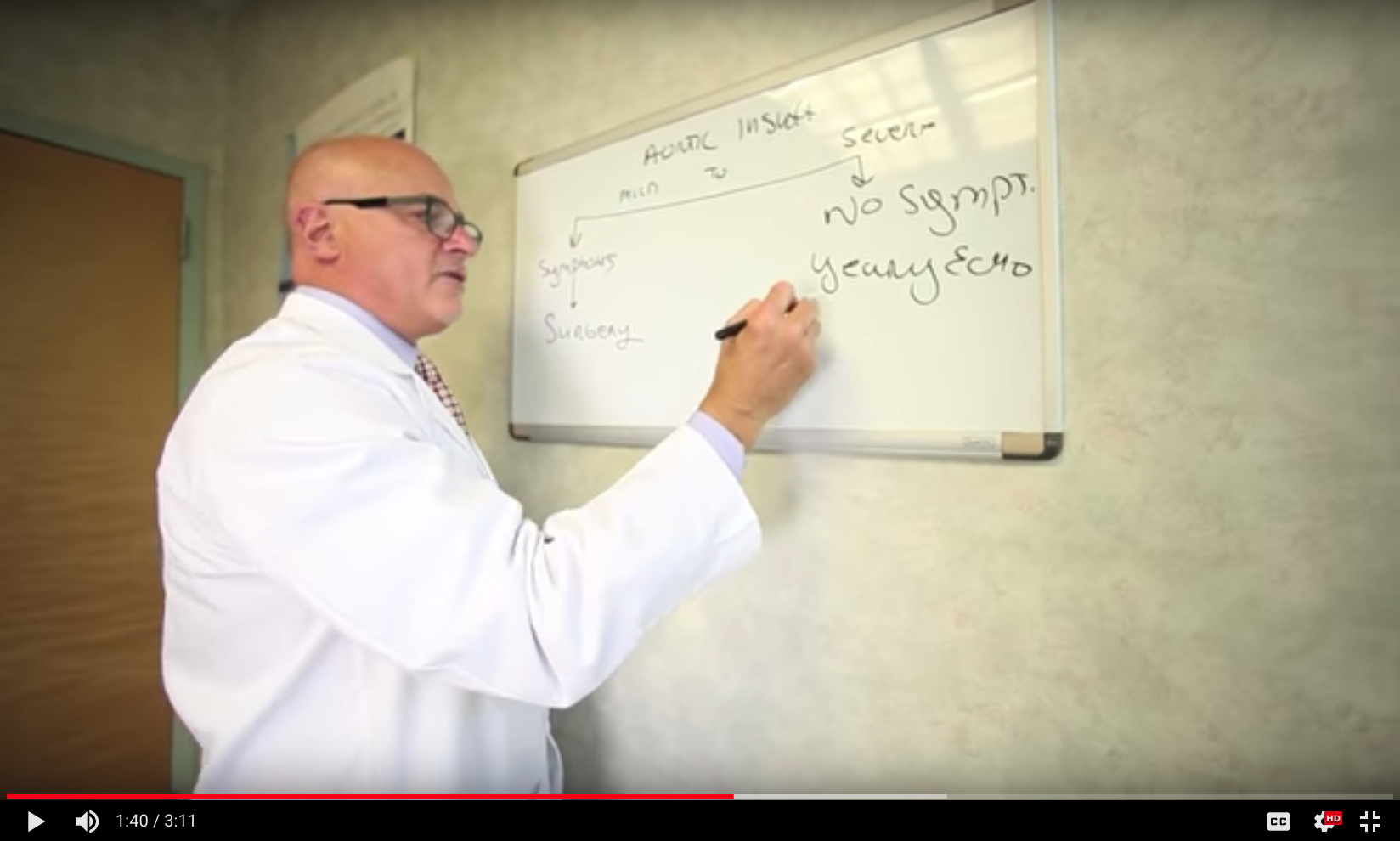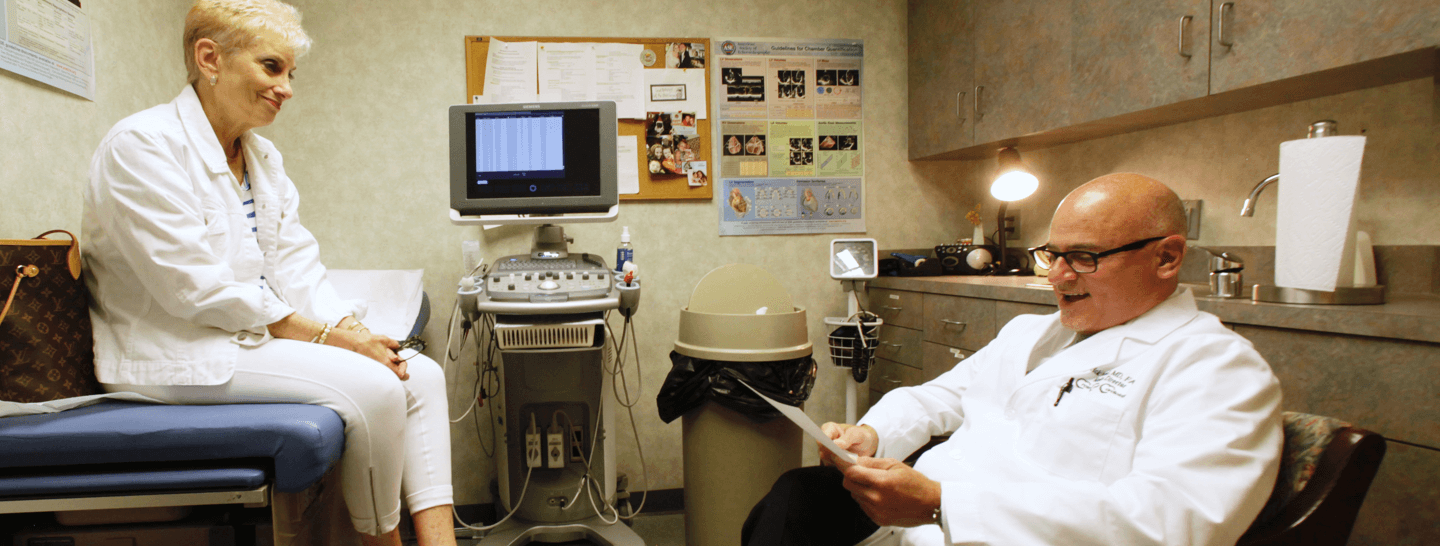Vascular and Arterial Specialists in NJ: Understanding the Importance of Vascular Health for Heart Health
Vascular health is a critical component of overall heart health, and poor vascular health can increase the risk of heart-related complications such as heart attack, stroke, or arrhythmia. This is why it's essential to prevent vascular damage and seek appropriate care when necessary. If you are looking for vascular and arterial specialists in New Jersey, consider Cross County Cardiology, NJ.
What Does Cardiovascular Mean?
Cardiovascular refers to anything related to the heart, vessels, or circulation. In other words, it involves the heart's ability to pump blood throughout the body via arteries that deliver oxygen-rich blood to different tissues. Poor cardiovascular health can lead to various problems, including arrhythmias, heart attacks, strokes, or other conditions.
Facts About Your Heart
Your heart is a beautiful organ that beats around 100,000 times each day! It pumps about 5 liters of blood per minute and supplies oxygen-rich blood to all body parts. Without a healthy vascular system supplying this vital nutrient-packed fuel, our organs wouldn't be able to function correctly – leading to serious health problems.
Artery Facts
Arteries carry oxygen-rich blood from your heart around your body; they make up part of your cardiovascular system. There are three types of routes: elastic (or large), muscular (or medium), and small (or thin). Elastic arteries help control blood flow through large vessels like the aorta. In contrast, muscular arteries enable smaller vessels in organs like the kidneys and liver to constrict or relax as needed. Smaller thin walls allow oxygenated blood into tissue cells, which will be used for energy production or other metabolic processes.

As you can see from these facts, having a well-functioning vascular system is critical for optimal health because it helps ensure that all body parts have enough oxygen-rich nutrients to operate correctly. That said, there are some common causes of poor vascular health that you should be aware of to take steps toward preventing them:
Potential Causes Of Poor Vascular Health
1. Unhealthy diet - Overeating processed food or foods high in saturated fat can build cholesterol within artery walls, reducing their flexibility and making them more rigid over time, leading to a higher risk for blockages in certain areas.
2. Diabetes - High glucose levels can damage artery walls making them less flexible.
3. High Blood Pressure - When artery walls become thickened due to pressure, this restricts their ability to deliver enough oxygenated blood around the body.
4. Lack Of Exercise - Physical activity helps keep arteries flexible by strengthening circulation.
5. Smoking And Alcohol Abuse - Both increase the risk of narrowing of artery walls as well as stunt the growth of new ones.
6 Obesity - Excess weight makes it harder for veins to return deoxygenated blood to the heart leading to further strain on the cardiovascular system.
Optimal cardiovascular health relies on maintaining a healthy vascular system, which is responsible for distributing oxygen and nutrients throughout the body and removing waste products. Poor vascular health can lead to serious conditions such as atherosclerosis, aneurysms, and blood clots that can cause heart attack or stroke. Fortunately, there are many lifestyle changes that can help improve vascular health, including regular exercise, a balanced diet, stress management, and avoiding harmful habits like smoking and excessive alcohol consumption.
The benefits of a healthy vascular system include improved circulation, reduced plaque buildup in arteries, and efficient regeneration of cells, leading to greater energy and vitality. Regular checkups with a healthcare provider can also help monitor cardiovascular health and identify potential issues before they become serious.
It's essential to take proactive steps to maintain a healthy cardiovascular system, as various lifestyle factors can contribute to poor vascular health. Conditions such as high cholesterol, hypertension, smoking, and obesity can all increase the risk of developing vascular diseases. At Cross County Cardiology, vascular and arterial specialists are dedicated to providing comprehensive care for patients with vascular health concerns. They use a range of approaches, including lifestyle changes and medical interventions, to help patients achieve optimal vascular health and maintain a healthy cardiovascular system.

Proper nutrition is essential for supporting cardiovascular function and maintaining vascular health. Cross County Cardiology recommends consuming lean proteins, fruits, and vegetables; limiting consumption of saturated fats, trans fat, and sodium; and avoiding highly processed foods as part of a healthy diet. Incorporating fresh produce, whole grains, low-fat dairy products, and other nutrient-rich protein such as fish can help keep cardiovascular function healthy. They also suggest supplementing these dietary choices with moderate exercises, like walking or biking, at least three times a week.
Integrative approaches that address various lifestyle factors such as diet, exercise, stress management, and quitting smoking are increasingly popular for improving cardiovascular health. Eating a balanced diet rich in fruits, vegetables, whole grains, lean proteins, and avoiding processed foods is crucial. Consistent aerobic exercise combined with resistance training at least twice a week can promote better circulation and muscle strength. Lifestyle modifications such as stress management and limiting alcohol consumption can also reduce the risk factors associated with poor vascular health.
Cross County Cardiology provides comprehensive care that includes lifestyle modifications and medical interventions customized for each patient's needs. They offer services like stress management, nutritional support, and non-medical interventions like yoga and meditation. Identifying and managing risk factors can reduce the risks of developing heart disease and provide quality patient care. As the best cardiology group in NJ, they have highly trained and experienced physicians who specialize exclusively in cardiovascular medicine and are dedicated to helping patients achieve optimal vascular health through a combination of lifestyle changes, medical interventions, and integrative approaches customized for each individual patient's needs.
In conclusion, taking preventive steps like maintaining a healthy diet, exercising regularly, managing stress levels, quitting smoking, and limiting alcohol consumption are essential for optimal vascular health. Resistance-training activities are especially beneficial for improving blood flow. With all this knowledge, making healthier choices today can lead to improved cardiovascular health in the long run. Don't hesitate to take action now to improve your vascular health for a healthier heart tomorrow.




